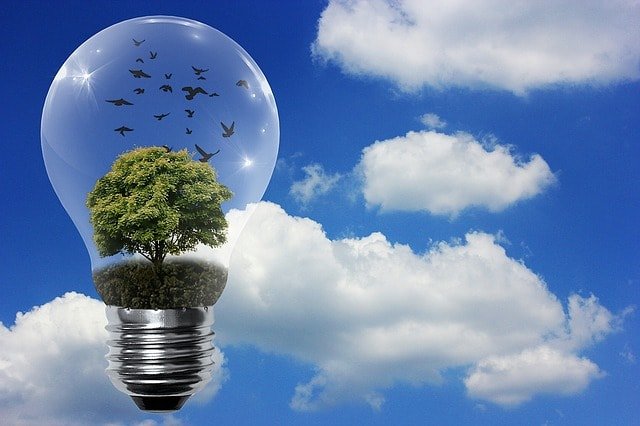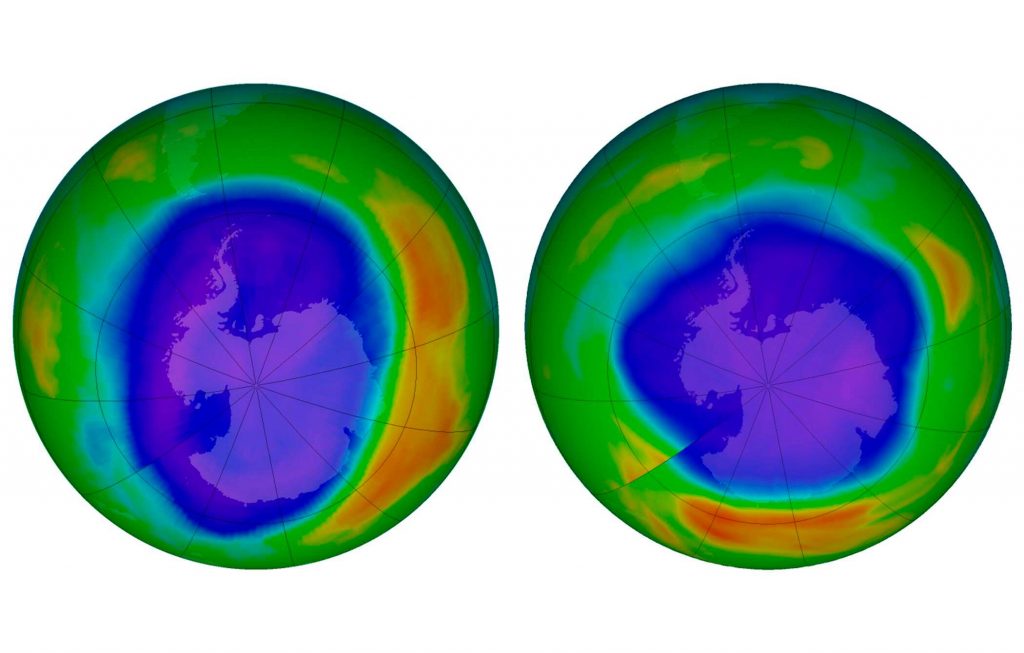How to keep the Environment Clean

“How to keep the environment clean” as a topic is nothing short of a necessity. It is common knowledge that unclean and filthy surroundings can breed disease-causing microorganisms galore. However, we all seemed to have learned to turn deaf ears to anyone who mentions cleanliness out of sheer hopelessness. A wise man once said, “Cleanliness […]
The Ozone layer

Ever heard of the Ozone layer and how we constantly contribute to its depletion? The first time I learned about the Ozone layer, I was in elementary class and I found it interesting. I remember talking to my dad and siblings about it then. Now, let me explain what it means and how we deplete […]
